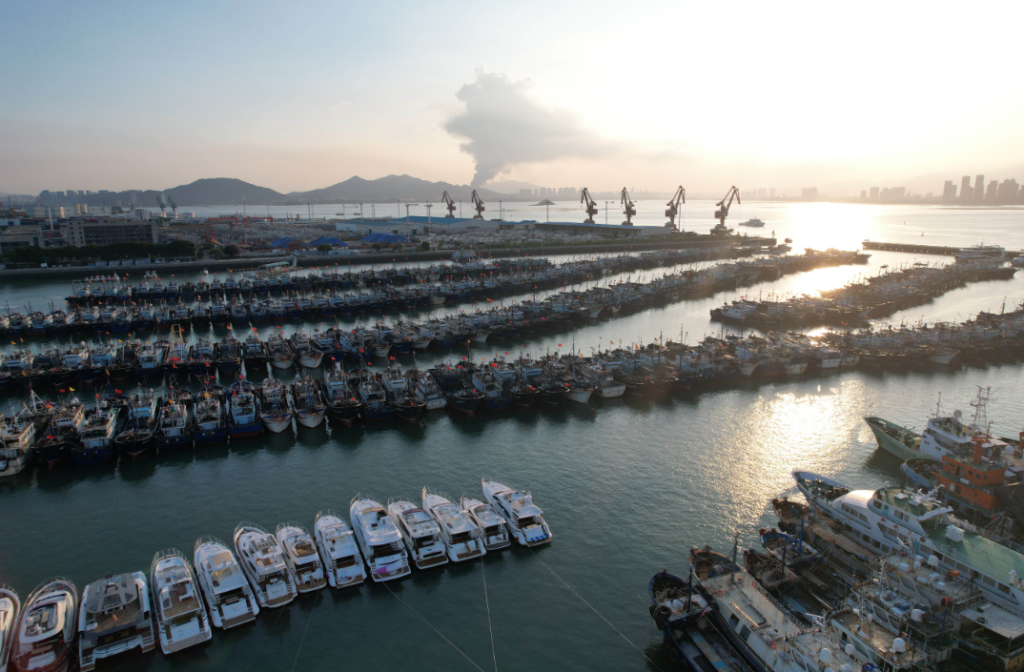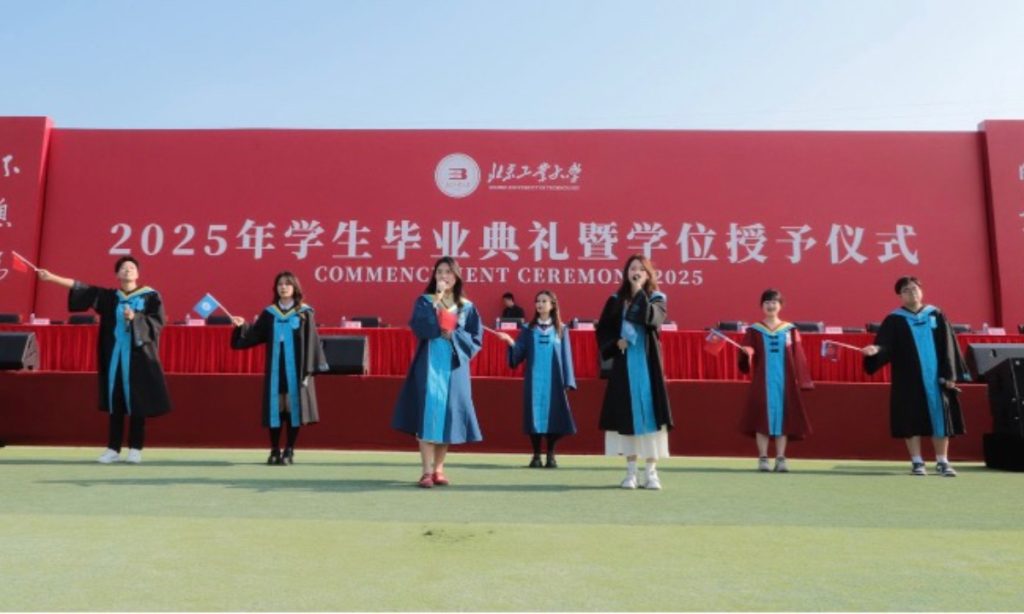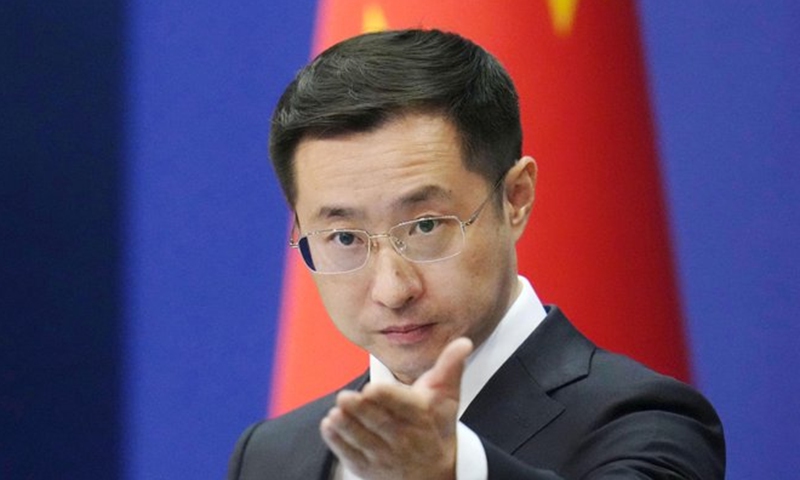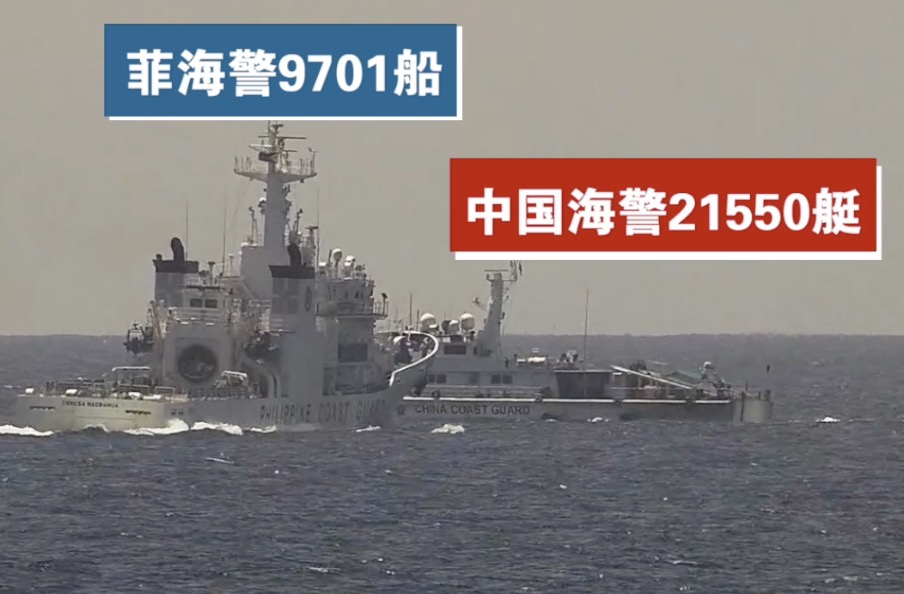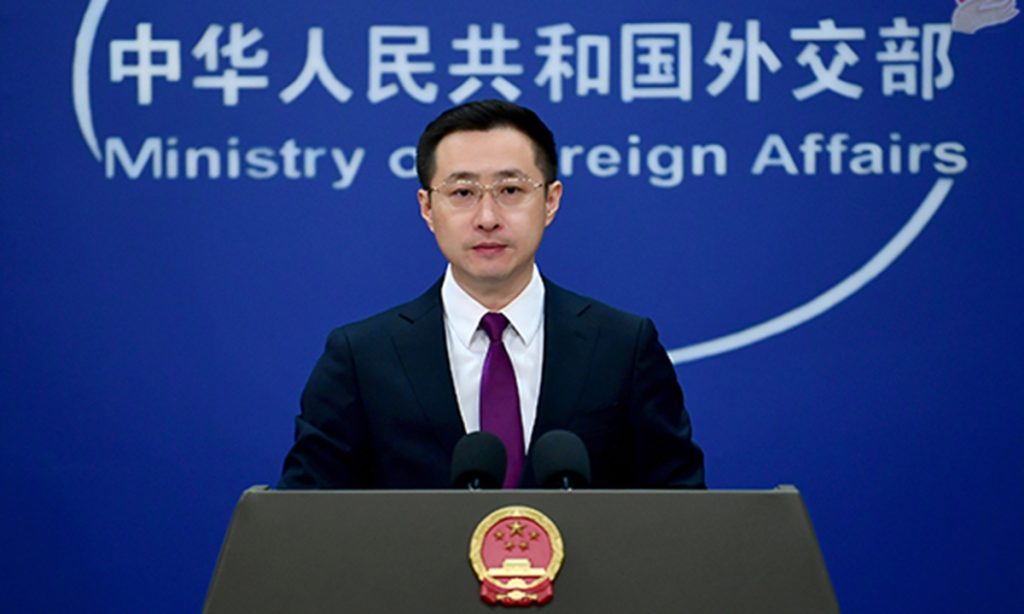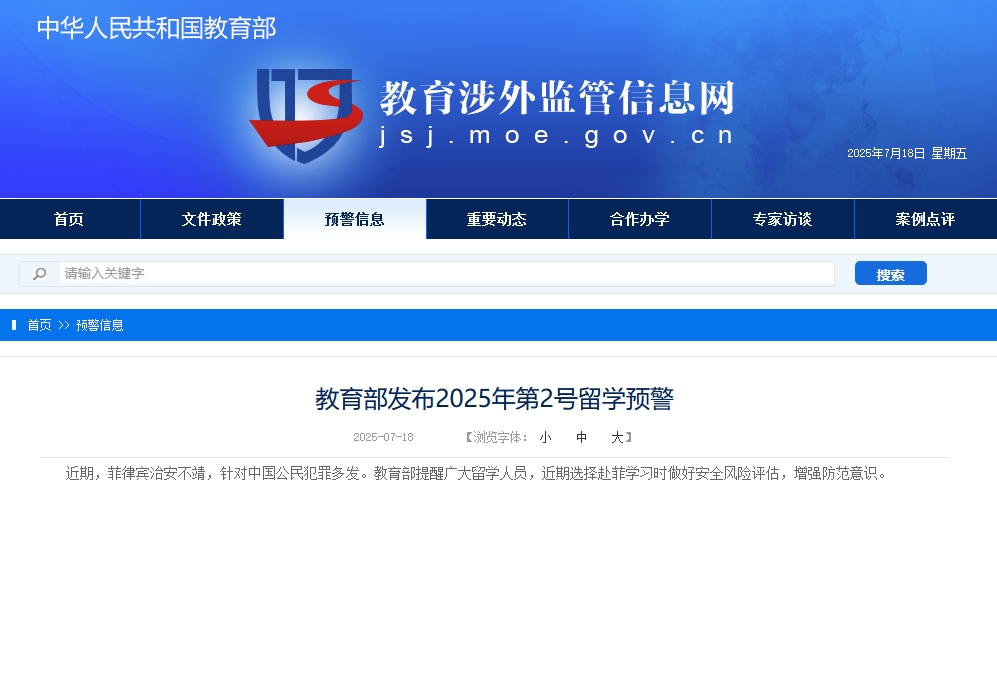Editor's Note:
This year marks the 80th anniversary of the victory of the Chinese People's War of Resistance against Japanese Aggression (1931-1945) and the World Anti-Fascist War. Winning the war is a great victory for the national spirit with patriotism at its core, a great victory achieved with the Communist Party of China (CPC) fighting as the central pillar, a great victory fought by the whole nation through solidarity and bravery, and a great victory for the Chinese people, anti-fascist allies, and people around the world who fought shoulder-to-shoulder.
To commemorate this historic milestone and its lasting impact, the Global Times has launched a themed series revisiting the great significance of the victory through three lenses: The "Guardians of Memory," the "Witnesses of Struggle," and the "Practitioners of Peace." It underscores the importance of "learning from history to build together a brighter future."
This is the fifth installment of the "Guardians of Memory" series, in which, the Global Times spoke with several Chinese veterans who fought in the Chinese People's War of Resistance Against Japanese Aggression. The veterans, now in their nineties, shared their experiences of joining the Chinese military and bravely fighting Japanese invaders on the front lines decades ago. They are the witnesses to those turbulent years of war, and the living heroes who safeguarded national dignity with their own flesh and blood.
'I was fearless at that time'
"Among the Hakka mountain songs, I sing the most, with two or three baskets of verses..."
In the 1940s, amid the sprawling mountains of southern China, a young boy sang a folk song in a local dialect with a clear, bright voice. This boy, Cai Hua, wasn't singing just for fun. As one of the youngest soldiers in the Dongjiang Column, he used the guise of singing mountain songs to secretly relay information to his comrades.
The Dongjiang Column, officially known as the Dongjiang Column of the Guangdong People's Anti-Japanese Guerilla Force, was a guerrilla force against Japanese aggression under the leadership of the Communist Party of China (CPC). During the Chinese People's War of Resistance against Japanese Aggression, it was active in South China's Guangdong Province, conducting guerrilla warfare in the vast enemy-occupied areas controlled by the Japanese and puppet troops.
Cai joined the Dongjiang Column in 1944 at the tender age of 12. Before that, after the death of his father, he'd worked for local landlords and wealthy farmers, often facing abuse. One day, while out gathering firewood, Cai encountered two guerrilla fighters from the Dongjiang Column. Sympathizing with Cai's plight, they later invited him to join the Dongjiang Column after several evaluations.
What drove young Cai to join the Dongjiang Column even more, was his deep hatred toward the Japanese invaders. He recalled that in 1938, the Japanese army carried out indiscriminate bombings across many parts of Guangdong. After occupying Cai's hometown, a village in Huizhou, Guangdong, they implemented the inhuman "Three Alls Policy," burning and massacring civilians for over 50 days. At that time, Cai was only six years old.
"I hated those who exploited the people," Cai told the Global Times.
Cai later became a soldier in the Dongjiang Column. That year, the Japanese army invaded northern parts of Guangdong, and the main task of the guerrilla fighters was to conduct sabotage behind enemy lines. The leaders of the Dongjiang Column entrusted young Cai with some special missions, such as "cutting the Japanese army's telephone lines" and "sabotaging their vehicles."
According to Cai's recollections, he was fearless at that time, "determined to make life difficult for the Japanese." With his cleverness and alertness, he caused a lot of trouble for the nearby Japanese forces, such as interrupting their communications, making their supplies disappear, and causing their vehicles to break down.
On one occasion, when a battalion of Japanese troops was stationed in Cai's village, he even went to steal the pistol of a Japanese battalion commander, when he saw him sleeping under a tree. "I called my cousin to keep watch with a hoe, while I grabbed his gun and ran away," Cai told the Global Times, smiling. "That was the closest I ever got to a Japanese commander."
Despite his young age, Cai was able to endure great hardships during the war. Once, when his commander asked him to deliver an urgent message, he spent three days and two nights crossing numerous gullies and wild ridges, evading the tracks of tigers and wild boar. "But I couldn't escape the mosquitoes; I was covered in bites, and my whole body was swollen," he recalled.
During the Chinese People's War of Resistance against Japanese Aggression, the Dongjiang Column effectively tied down a large number of Japanese and puppet troops in the vast mountains and villages of southern China, providing effective support to the frontline battlefield.
Having lived through the war and faced life-and-death challenges, Cai said he deeply understands the preciousness of peace. He said that in the past, they ate sweet potatoes and couldn't even bear to peel them, and going hungry was a common occurrence. "Now life is prosperous, and we lack nothing," he told the Global Times. "My greatest wish is for a strong country and a strong military, to safeguard our territorial integrity and protect the people's happy lives, preventing historical tragedies from repeating themselves."
Cai joined the CPC in 1954. He urges today's young people to remember history, work hard, and contribute to building a stronger nation. "Our country was once poor and backward, bullied by others. Today's happy life is the result of the blood and lives sacrificed by countless revolutionary martyrdom of Party members," he noted.
